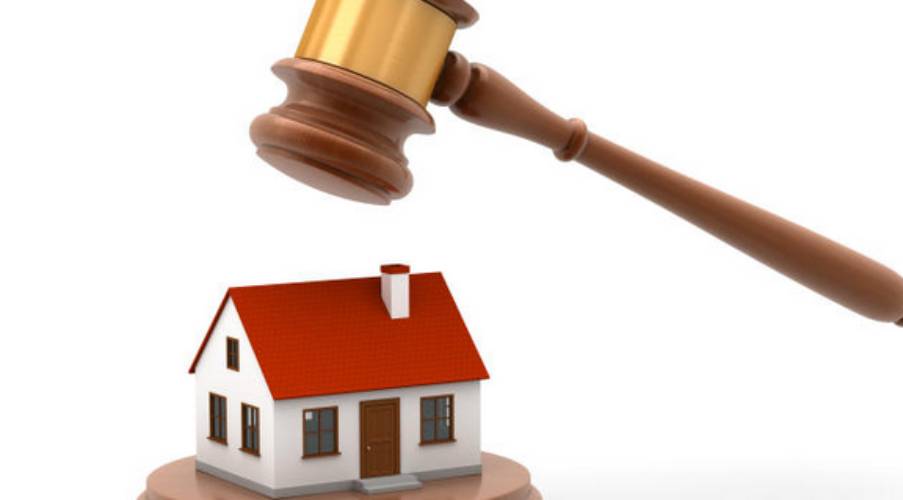×
The Standard e-Paper
Home To Bold Columnists

I used the title deed of my house in Kitengela as security for a loan that I have struggled to pay over the past nine months for obvious reasons — economic effects of the Corona virus.